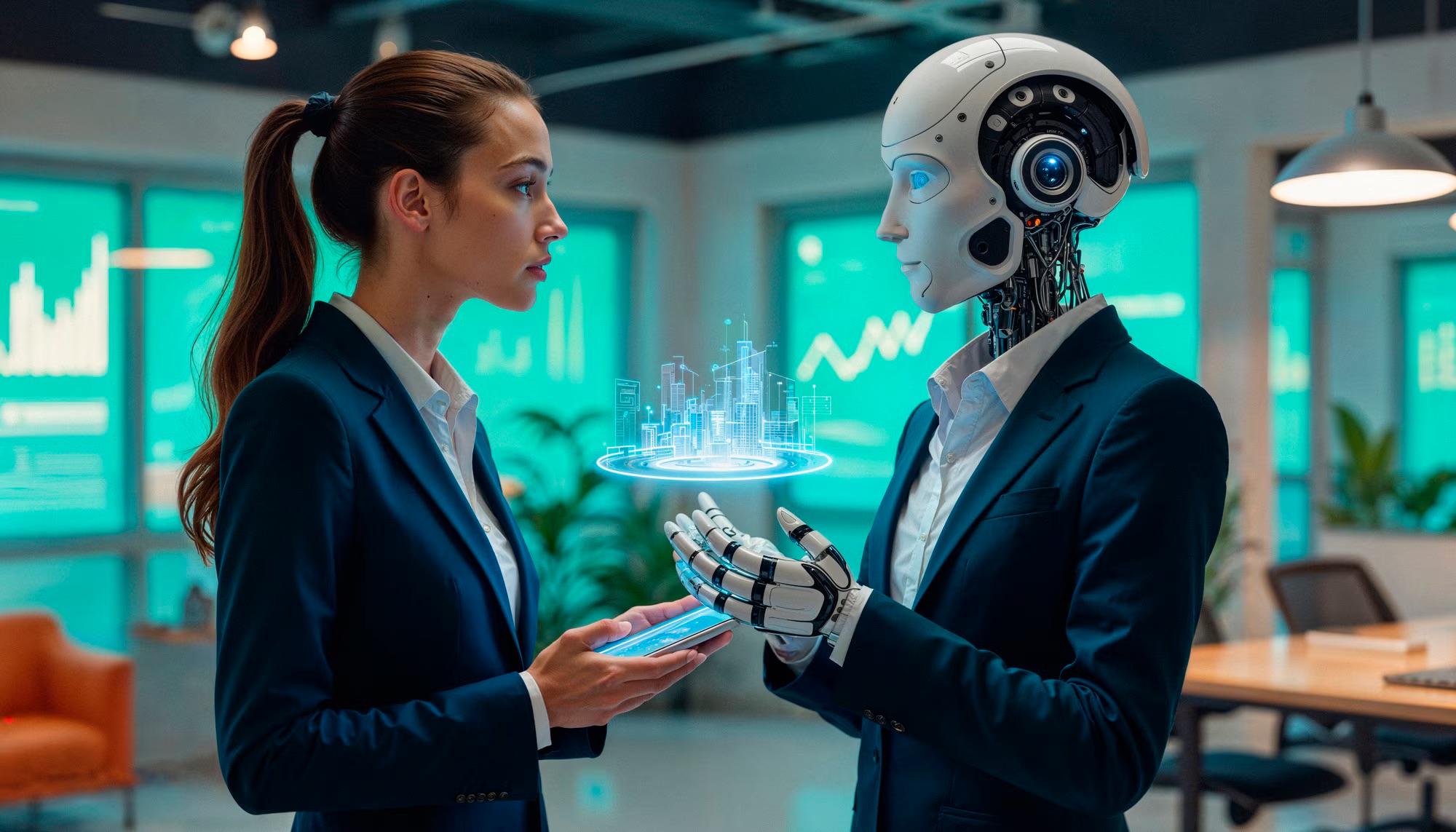
Paul McCartney has made headlines recently after sharing his fears about artificial intelligence (AI) in the music realm. He cautions that it might “f**k over” future generations of musicians. The legendary Beatle urged the UK government to implement measures that would protect artists from the challenges posed by technology. Because of the increasing role AI has taken in music creation, this call to action is particularly timely.
AI’s Growing Influence in Music
It’s been a fascinating few years in AI’s encroachment on the music industry. In 2023, McCartney utilized AI to revive the voice of his late bandmate John Lennon for a new track, illustrating both the potential and ethical dilemmas associated with such technology. Music legend Randy Travis recently suffered a terrible blow when a stroke robbed him of nearly all his speaking voice. Due to the power of an AI clone of his voice, he was able to provide a new song. His latest album, “Where That Came From,” is the embodiment of this trend. It raises larger questions about the authenticity and originality of AI-generated music.
Many see the writing on the wall. Even the U.S. Copyright Office has acknowledged the increasing importance of AI in creative industries. AI-generated artwork is suddenly eligible for copyright. This ruling serves as a reminder of the crucial function that human ingenuity still serves in our legal system. Speaking at a recent Copyright Office event, Jalyce Mangum, Assistant General Counsel at the U.S. Copyright Office, shared this sentiment. She urged a clear differentiation between AI as a tool and AI as a substitute for human creativity.
“In the copyrightability analysis, distinguishing between using AI as a tool to assist in the creation of works and using AI to stand in for human creativity is important.” – Jalyce Mangum
The South Korean Approach
With talks on the future of copyright protection brewing, South Korea has surprised everyone by going out on a limb. They’ve issued copyright for a film that was fully generated by AI. This decision underpins the importance of clear legal frameworks that keep pace with technology.
Fast forward to 2024, when household music maker Metro Boomin released a song and fairly stunned the world. It sampled a track produced using Udio, an exciting new AI music creation platform. This is on a single song, which went on to receive 3.4 million streams on SoundCloud, showing just how much interest there is in AI content. Udio, unfortunately, now finds itself in a copyright lawsuit filed by the Recording Industry Association of America (RIAA). This emergence marks the latest tensions in the battles over intellectual property rights in our increasingly digital society.
Jalyce Mangum further commented on the nuanced relationship between AI and creativity, stating, “The difference is whether AI is enhancing human expression or is the source of the expressive choices.”
As the debate continues, this case marks the emerging advantages and perils of adopting AI in artistic sectors. As artists like McCartney and Travis navigate this evolving landscape, the call for robust protections for musicians becomes ever more pressing.
Author’s Opinion
The rapid growth of AI in music raises significant concerns for artists’ rights, authenticity, and creative ownership. While the technology offers exciting possibilities, it must be carefully regulated to protect human creativity from being overshadowed or replaced by AI. The industry needs a clear framework to ensure AI enhances rather than replaces the role of artists in the creative process.
Featured image credit: Freepik
Enjoyed this article? For more stories like it, click the +Follow button at the top of this page to follow us on MSN.
